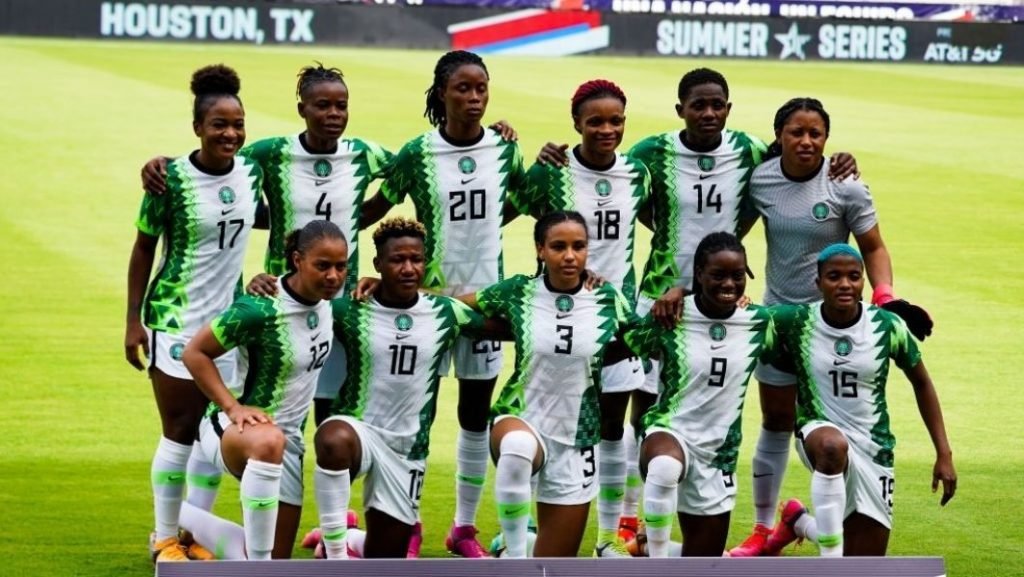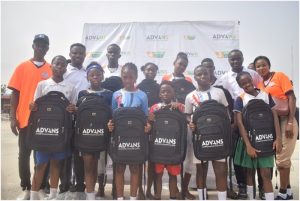
It has never been this good for Nigerian women footballers. The country has participated in every FIFA Women World Cup since China 1991, but the forthcoming 2023 edition in New Zealand and Australia would be the first time the ladies would be going into the competition assured of a massive largesse courtesy world football ruling body, FIFA.
According to the breakdown of the money accruing to participants, the 23 members of the winning team will take home $270,000 (N202.5 million), part of a $110m (N82.5 billion) total prize pool, which is roughly 300 per cent higher than what FIFA offered for the 2019 tournament.
The $30,000 (N22.5 million) minimum prize money is more than twice the average salary of $14,000 (N10.5 million) for paid players surveyed in FIFA’s 2022 benchmarking report.
FIFA President, Gianni Infantino, in March at the body’s Congress pledged that organisers would direct prize money towards the players, a first for the women’s tournament, which kicks off on July 20 in Australia and New Zealand.
Apart from the ladies, Nigeria and other member associations of FIFA will also receive increased funding based on performance, with winners taking $4.29m (N3.2 billion) home and delegations earning $1.56m (N1.17 billion) for participating in the group stage.
The total performance-based prize funds still significantly trail what was on offer at the men’s tournament in 2022, where a $440m (N330 billion) total prize fund was awarded.
FIFA directed member associations to reinvest the amount they retained in their footballing activities, including coaching staff, grassroots projects, youth national teams and women’s football capacity-building programmes.
Reacting to the development, world footballers’ union, Fifpro, said the news “represents not only the outcome of tremendous global collective action by 150 national team players … but a constructive negotiation with FIFA over the past months.”
Fifpro added in a statement: “They have listened to the voice of the players and we have taken steps towards greater gender equity in our game at the highest levels.”








